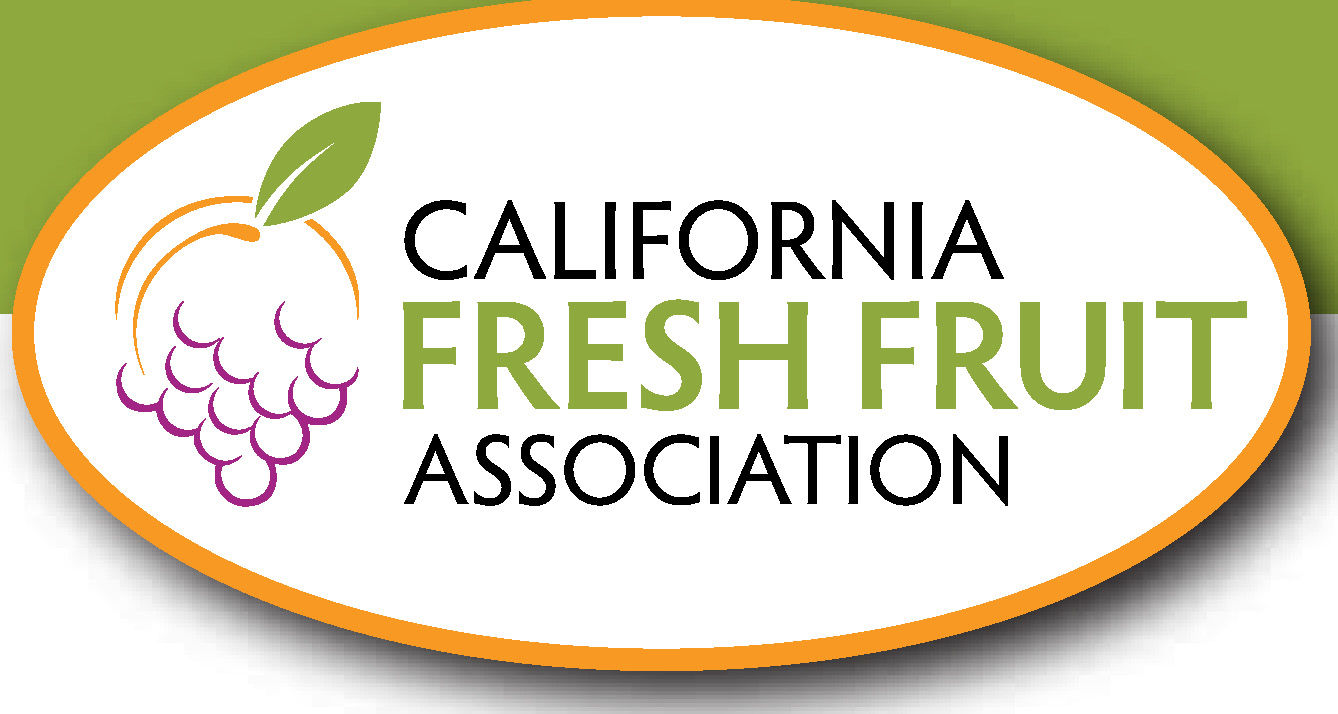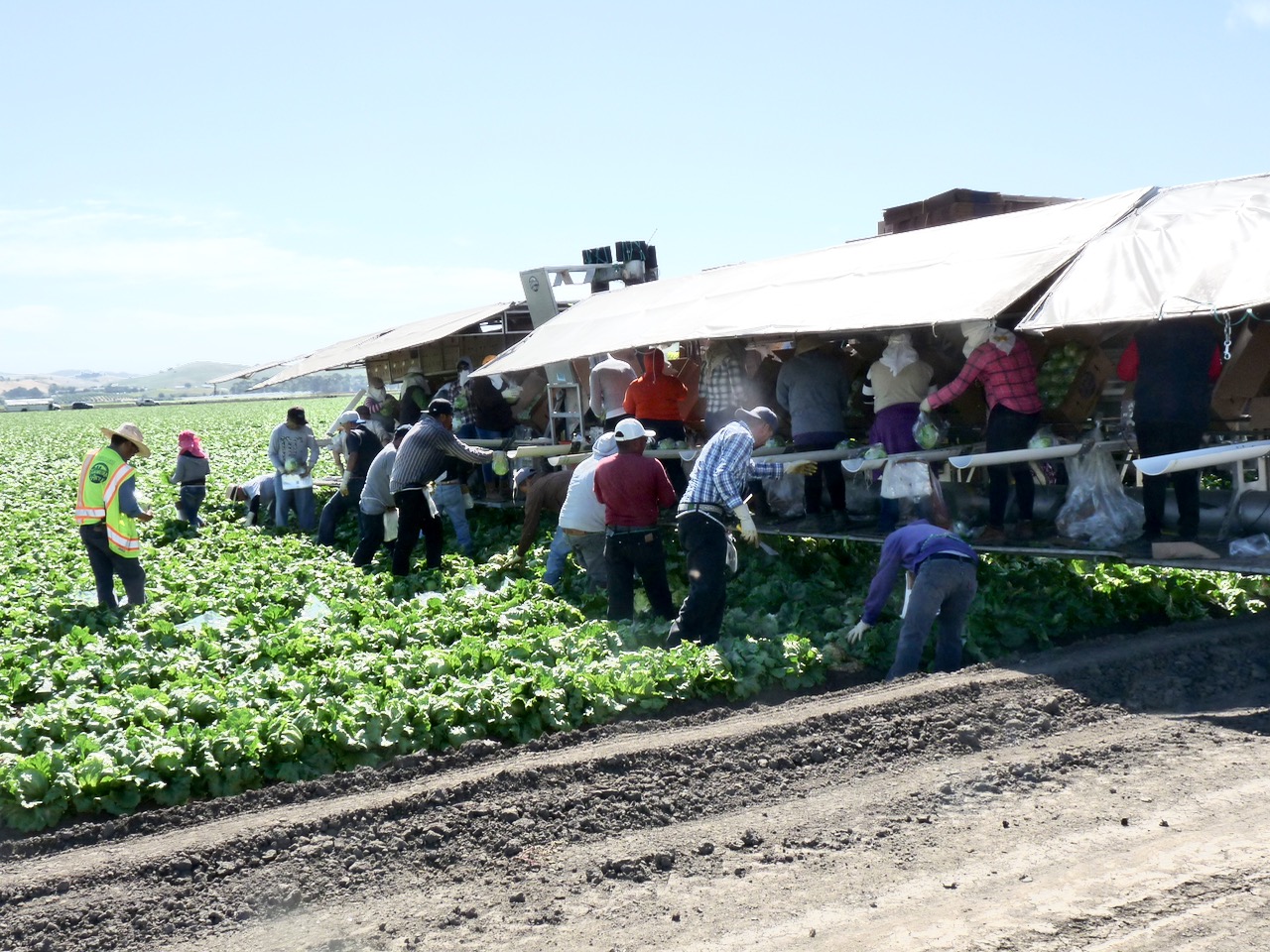Act Now to Help Pass the USMCA
House to Take First Step Towards Full Ratification of USMCA
Provided by California Farm Bureau Federation
This Thursday, the House will take the first step towards full ratification of the renegotiated NAFTA known as the “US-Mexico-Canada Agreement” (USMCA). California agriculture exports $6.6 billion in goods to Canada and Mexico and supports more than 56,000 jobs.
Since NAFTA was implemented, U.S. agricultural exports to Canada and Mexico quadrupled from $8.9 billion in 1993 to $39 billion in 2017. After President Trump renegotiated NAFTA, the International Trade Commission determined that the USMCA would have a positive impact on the U.S. economy and a positive impact on U.S. agriculture. An additional $2.2 billion in exports is expected once this agreement is ratified.
Congress must pass USMCA to preserve the proven successes of NAFTA while enjoying greater access to dairy, chicken, and eggs. The agreement has positive updates for fruit exports, improvements in biotechnology, protected geographical indications, and strengthened sanitary/phytosanitary measures.
All in all, the USMCA is needed to bring more stability to the volatile trade market. Please reach out today to your U.S. Representative to urge their YES vote on this important agreement.
Click Here: ACT NOW for USMCA House Passage































